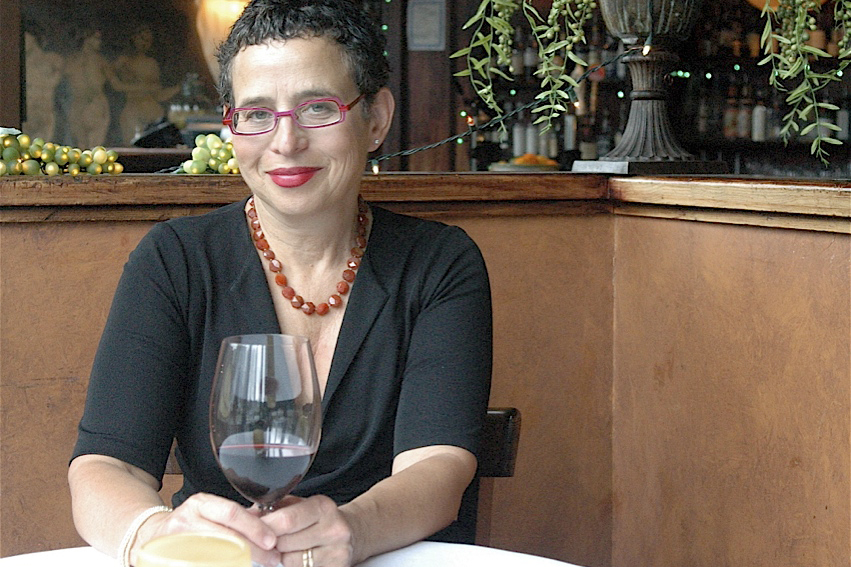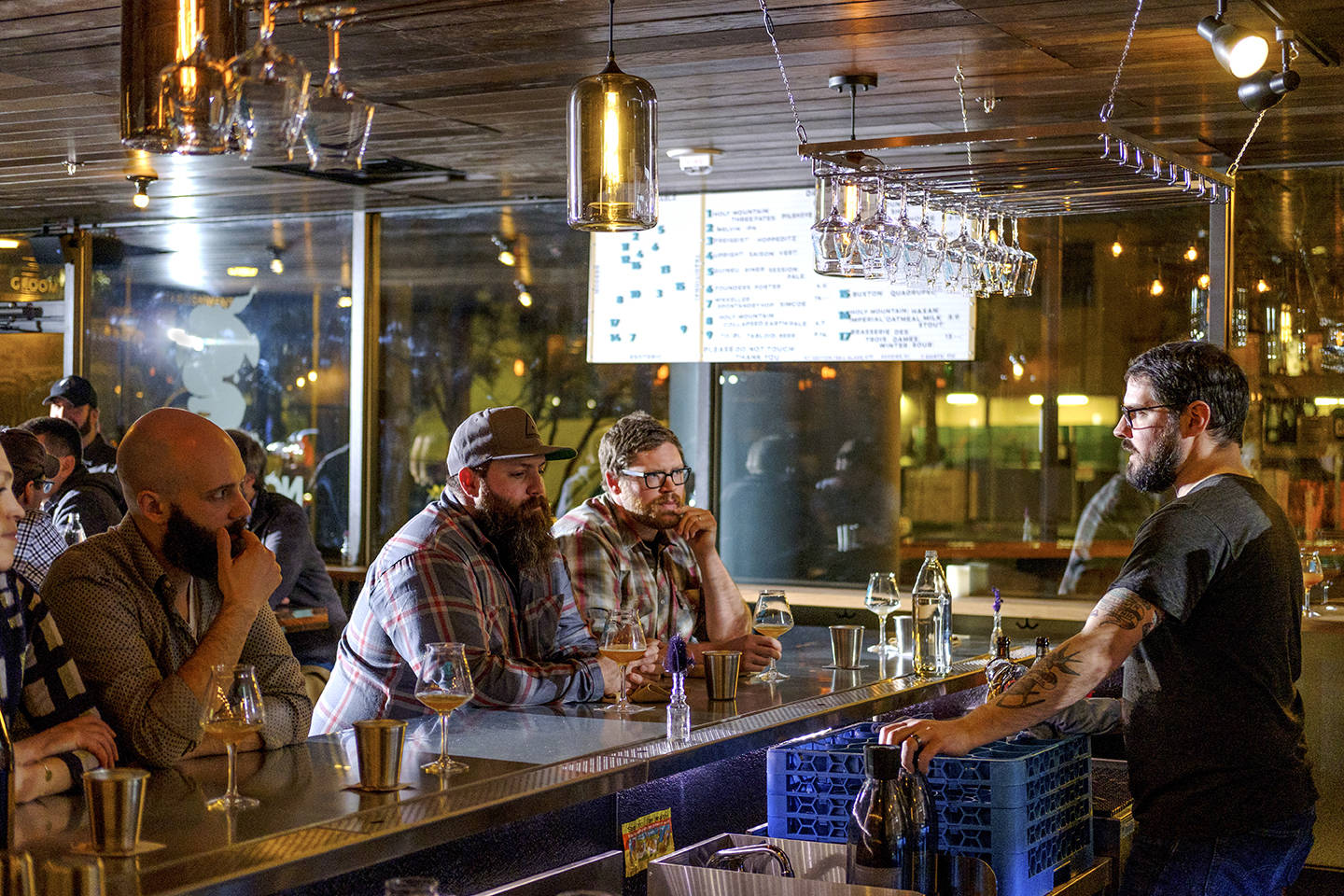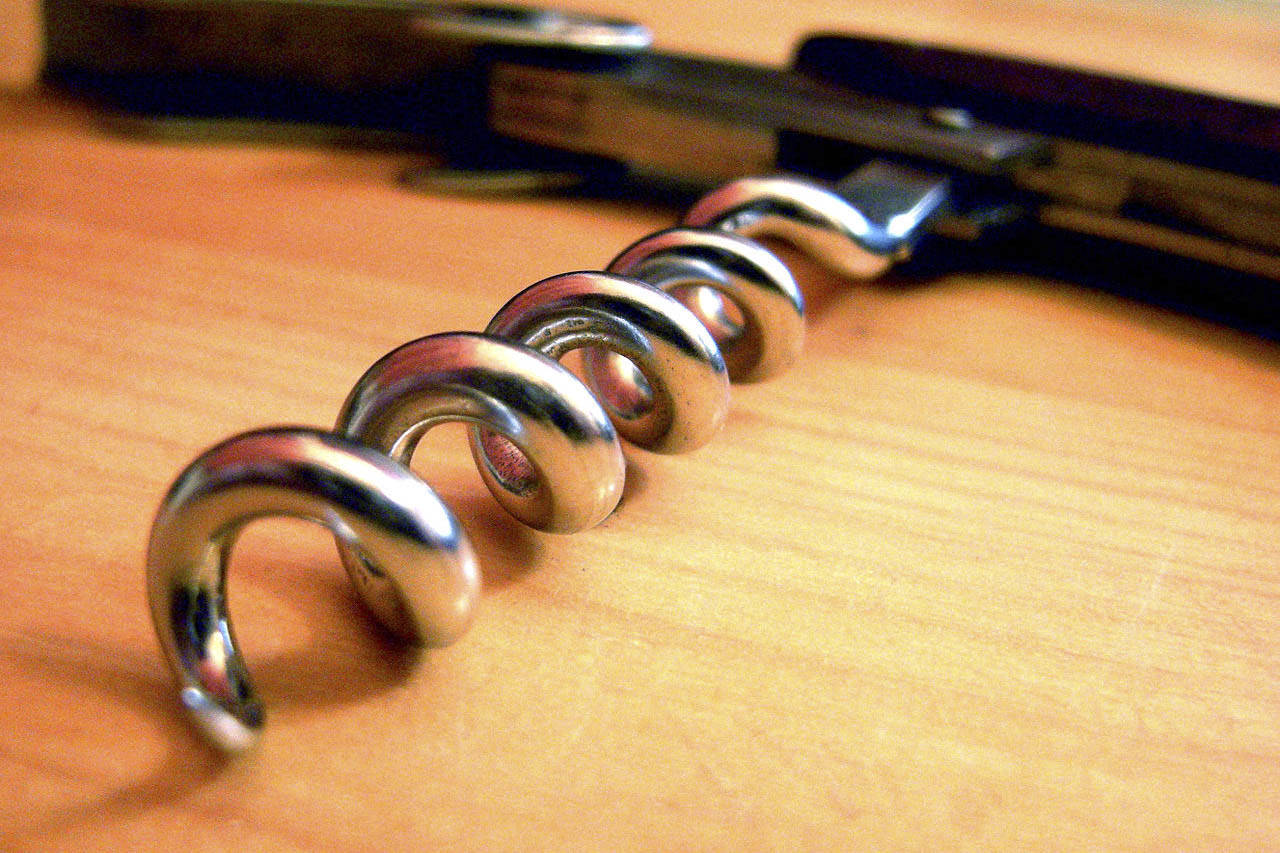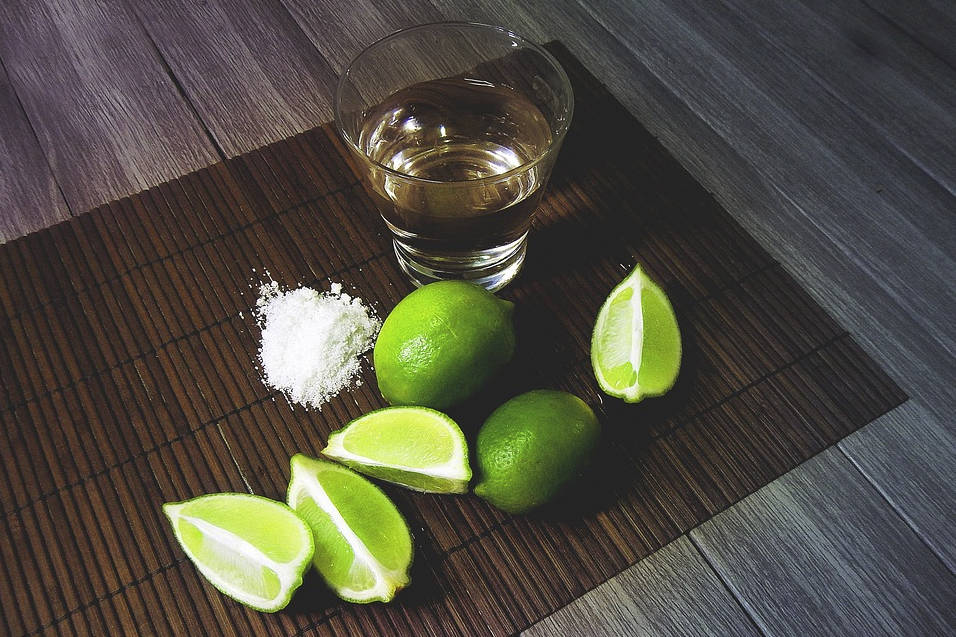I don’t know how to remember my late stepmom best. A proper eulogy would probably start with professional accomplishments, and indeed, it’s in her role as a restaurateur that you probably know Susan Kaufman.
When she opened Serafina at the corner of Eastlake Avenue and Boston Street more than 25 years ago, Italian food in Seattle was rarely more than spaghetti and meatballs, or maybe fettucine alfredo if you were feeling bold. Her embrace of the rustic cuisine of Italy—a cuisine that may not have been hers by birth but was certainly a fixture in her life—helped pave the way for the legion of similar restaurants that have followed in its wake. Yet all I can think about in this moment is the profound impact she had on my life. I was 9 when she met my dad—he was a cook at Serafina. They started dating a few months after he was fired (it’s a long story), and married a couple of years later.
Many of my earliest memories of Serafina involve falling asleep after dinner: My sister and I would often join Susan and my dad for a meal on a weekend night as the dinner rush was dying down, and after a few courses, we’d curl up on the back office floor until it was time to go home. It was during those meals at Serafina that I started experimenting with food: Whenever something exotic (to an 11-year-old, at least) was on the menu, I’d have to order it. That’s where I tried quail and rabbit for the first time, and where seemingly every week I’d haggle with my dad and my stepmom about whether or not I had to share chocolate mousse with my sister (I did).
Over the years, Serafina changed from a place where I was fussed over by servers to the place where I took my prom date to the place where I had my first legal drink when I turned 21. The restaurant evolved along with it, from cute neighborhood joint with good food to romantic destination. That it was regularly named one of Seattle’s best restaurants for a first kiss didn’t endear it to my 13-year-old self all that much, nor sadly was it much aid to the 18-year-old me either.
The greatest influence Susan had on my life happened at home, though. From the beginning, dinner was the centerpiece of each evening. Made largely from scratch, each meal was served at a table with lit candles and linens, with the lights dimmed to restaurant levels: Susan always cared about ambience. It was a serious affair, but joyful.
I think of the things she taught me about food: that salad always tastes better if you make your dressing in the bowl before adding the salad (and if you eat the last few bites with your fingers); that you should never, ever rinse pasta after you boil it; and that every house should have some chicken stock in the freezer. I brought some over the last time I cooked for her, spooning it into the risotto slowly. It’s a technique I’d learned from my dad: Susan never quite had the patience required for the tedium of preparing risotto. I cried a bit as I made it, though I blamed that on the onions. Most of all, I learned from Susan that cooking for people was a way to show them that you love them.
It’s why I tried to throw dinner parties in high school (you can guess how that went), why the kitchen knife my dad gave me when I graduated is still one of my most prized possessions, and why when talking to someone I haven’t seen in a while, my usual comment is “You should come over for dinner!” Cooking remains one of my great passions, and few things make me happier than sitting down to a meal with friends and loved ones.
Wine was crucial, too: Almost every one of those dinners featured at least a glass of wine. Before I was old enough to have my own, I could occasionally get a taste from my dad’s glass. As a result, Italian wine was my first real entry point into the broader world of wine, and that love of earthy, spicy, and somewhat rustic wines still largely dominates my sensibilities two decades later. Serafina’s tastes have evolved as well. Under the direction of general manager John Neumark, then sommelier Salomon Navarro, the list has grown beyond the classics of Italy to embrace more esoteric producers and regions. The bar, too, has become a focal point; while it was once manned by our lovably neurotic next-door neighbor Frank, it turned into one of the finest cocktail spots in town at the hands of veteran bartenders Chris Bollenbacher and Matthew Skeel. It’s where I learned about cocktails, and how they can be pulled apart, tinkered with, and put back together in interesting ways.
Perhaps fittingly, then, Serafina was also where I embraced a career in restaurants: After graduating from college with a journalism degree I didn’t feel like using, I started busing tables. Seeing the restaurant from that perspective gave me new insight into Susan and her ability to make people feel special and important, if only for a moment. Serafina didn’t invent good hospitality, but its ability to be a special place in the lives of so many different regulars really resonated with me. At the time, I thought I wanted to one day open my own restaurant; now I think I know better.
When Susan decided to open her second restaurant, Cicchetti, located directly behind Serafina, I got to learn about entirely different aspects of the restaurant business—everything from developing a concept to planning a menu to decorating the space. I learned that sometimes you have to spend a lot of money on a Venetian chandelier to make the space look right, and sometimes you have to figure out how to get the exact bar stools you want, even if it means calling a restaurant in New York in the middle of the dinner rush.
That too was one of the traits I admired about Susan: Though she’d closed a number of restaurants in the past, as she moved from Laguna Beach, Calif., to Juneau, Alaska, and then to Seattle, she never lost a belief in herself. At 25, Serafina has reached an age that few restaurants ever see. Reaching institution status comes with its own challenges, of course, but it remains a pivotal part of the Eastlake community, as evidenced by the raucous Garden Party hosted each summer.
She’s gone now. Her two-decade battle with cancer has ended the way such battles always do. Yet her restaurants are still here, as am I. Thus, so is she, when I light the candles at the dinner table, caramelize tomatoes in a hot pan to make sauce, or throw open the door to guests. And she’s still at Serafina and Cicchetti, every time a staff member smiles at a regular who walks in the door or turns the lights down just a little bit more.
Goodbye, Susan Kaufman. You will not be forgotten.
Zach Geballe is a regular contributor to Seattle Weekly. His column, The Bar Code, appears online and in print every other Wednesday.








